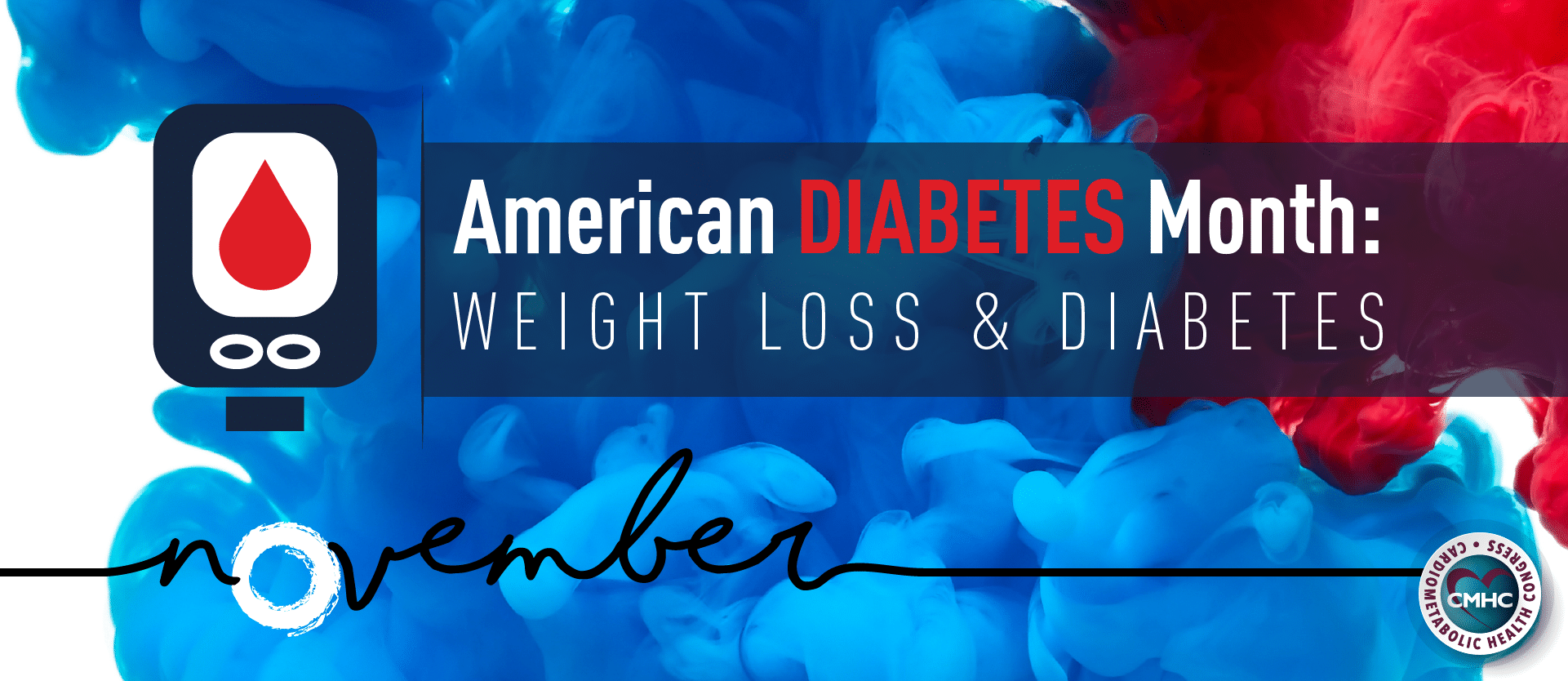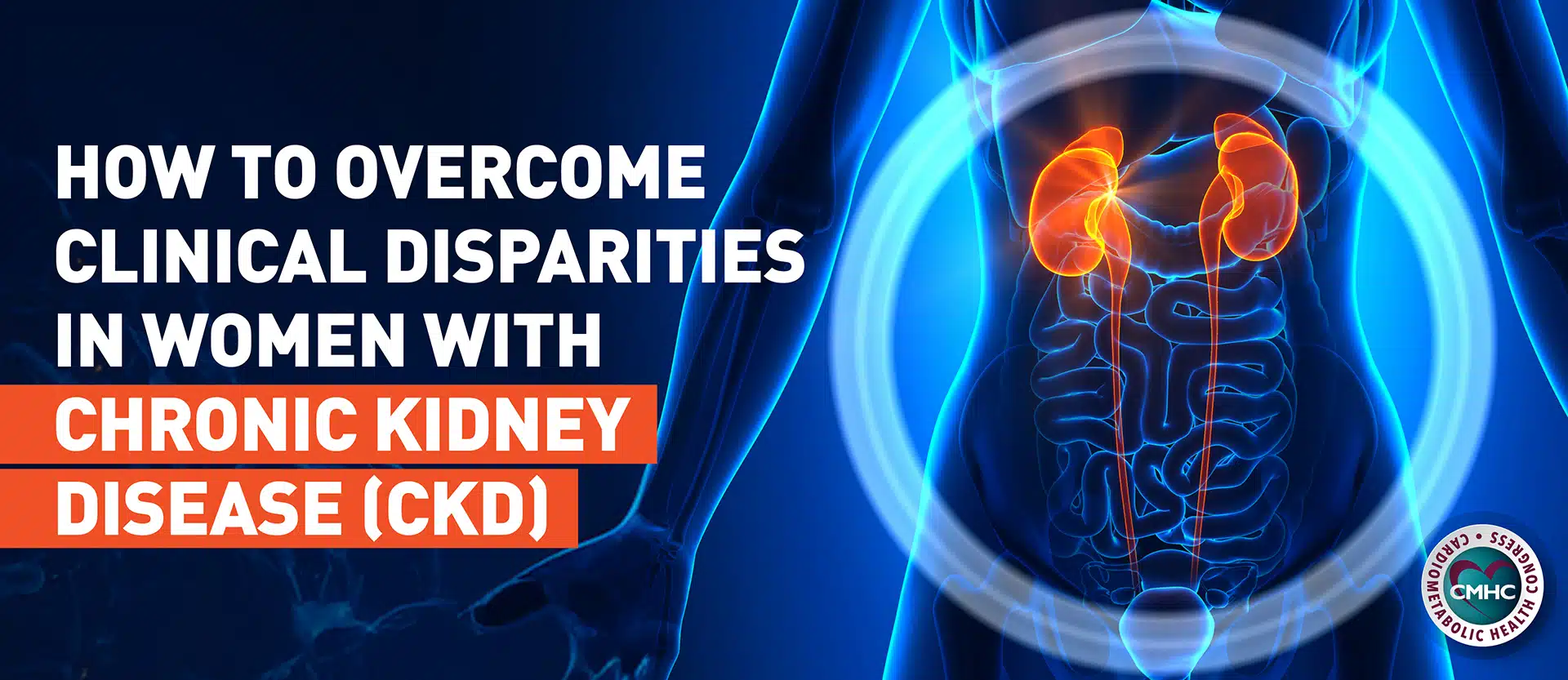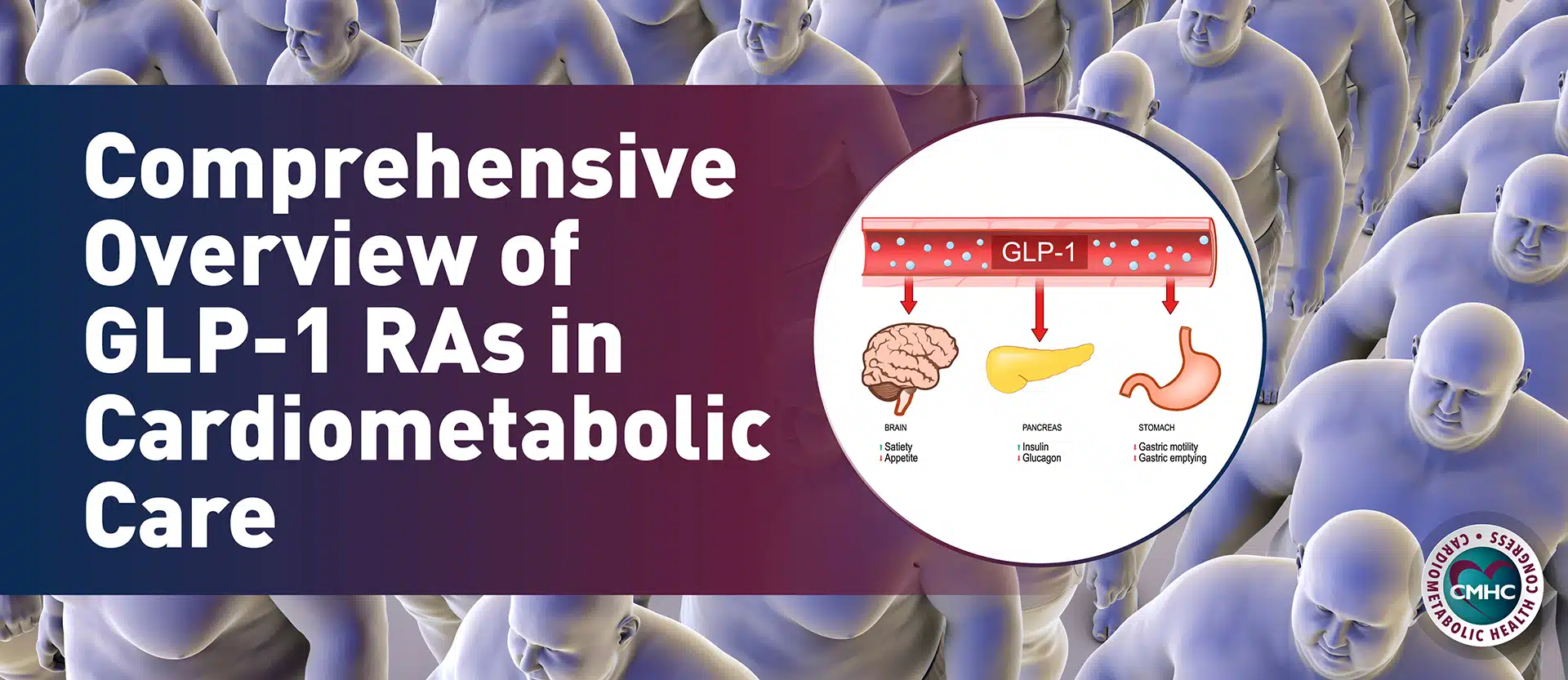November marks the beginning of American Diabetes Month, an observance meant to promote awareness of diabetes among individuals, health care professionals, and communities as well as the multi-faceted impact of the condition on millions of Americans.
As one of the leading causes of death and disability in the United States, type 2 diabetes affects over 30 million Americans. It has been characterized as a progressive, irreversible condition leading to the development of long-term health complications, including hyperglycemia, hypertension, blindness, and increased cardiovascular risk. However, evidence exists that biochemical remission – or a level of glycemia under the diagnostic threshold – is possible and can be achieved through weight loss.
Currently, standard care for newly diagnosed type 2 diabetes patients includes structured education, which has had minor effects on weight management and glucose control. Individuals with both obesity and type 2 diabetes can experience remission following weight loss surgery; most previous studies have shown success in reaching remission states as a result of bariatric surgery or intensive low-calorie diets. Prior research has revealed that diabetic patients who followed an intensive low-calorie diet – below 700 calories a day for 8 weeks – were able to achieve remission. However, a recent study aims to prove that type 2 diabetes remission may be possible without extreme dietary intervention, revealing that even
moderate weight loss within the first few years of type 2 diabetes diagnosis can have a significant effect.
Weight Loss and Type 2 Diabetes Remission
Recently published in the journal Diabetic Medicine, a study from the University of Cambridge aims to determine whether diabetes education and behavioral weight management programs can achieve better glucose control and improve health outcomes than education alone. Researchers hoped to determine whether any health improvements found could justify the high costs of implementing these programs.
A team of investigators from the University of Cambridge attempted to quantify the relationship between lifestyle interventions after type 2 diabetes diagnosis and the likelihood of remission of diabetes at 5-year follow-up. They analyzed data from 867 participants aged between 40 and 69 with newly diagnosed type 2 diabetes, who were part of the ADDITION-Cambridge prospective trial . Participants’ progress was tracked for a total duration of 5 years, during which investigators routinely analyzed medical data to determine the probability of remission.
By the 5-year mark, the team found 257 individuals, or 30% of the cohort, had achieved remission. Participants who had at least a 10% reduction in weight within 5 years of type 2 diabetes diagnosis were more than twice as likely to experience remission at follow-up compared with individuals who had not lost weight. These findings indicate the significant benefits of weight reduction alone – regardless of the weight lost – and underscore the critical role weight management can play in optimizing health outcomes for type 2 diabetes patients.
Importance of Lifestyle Interventions
As the models of extreme weight loss programs previously studied are challenging to implement and their results can be difficult to achieve, the latest findings propose a more approachable alternative. Moderate weight loss of 10% of a patient’s initial weight at diagnosis can send diabetes into remission and be more achievable on a larger scale. Senior author Prof. Simon Griffin argues that the study’s results underscore the importance of consistent dietary and lifestyle interventions in managing and potentially reversing diabetes, reinforcing the crucial role of weight management in diabetes care.
Although the team’s results are promising, other research implicates that remission may be difficult to achieve regardless of the amount of weight lost. A larger scale study published earlier this year of over 10,000 individuals with type 2 diabetes found that at the end of the 8-year follow-up period only 4.97% of participants achieved remission.
Continuing the research efforts, investigators from the University of Cambridge are currently recruiting participants for a forthcoming Glucose Lowering through Weight Management (GLoW) study. The prospective trial funded by the National Institute for Health Research will aim to determine whether tailored diabetes education and behavioral weight management programs would better serve diabetes patients than current education-only programs offered in the United Kingdom.
Achieving remission through moderate dietary intervention – as opposed to extreme dieting or intensive lifestyle interventions – brings promise to the millions of patients struggling with type 2 diabetes. A more manageable approach, aiming for a 10% reduction in weight can help patients improve health outcomes irrespective of whether remission is achieved. The study’s findings highlight the importance of dietary counseling for patients with type 2 diabetes and the potential implications of a revised approach to diabetes care. Future investigation will center around developing optimal techniques for supporting diabetic patients, promoting weight loss efforts, and improving weight management to reduce symptoms of the condition and even achieve states of remission on a larger scale.


















